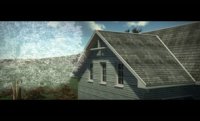Social justice activist and Cave Canem fellow Ama Codjoe blogs about her work as a teaching artist with the P&W-supported Girls Educational Mentoring Services (G.E.M.S.), a New York City based organization that aims to support young women who have been commercially sexually exploited and domestically trafficked.
I teach social justice and poetry through asking myself the same big questions I pose to students. As a teaching artist I am invested both in my life as a teacher and in my life as an artist. These two pieces of my identity inform one another. When I assign the group a poem to write, I often do the assignment myself. While G.E.M.S. participants were interrogating what it means to be woman, I was asking myself similar questions in my artistic practice.
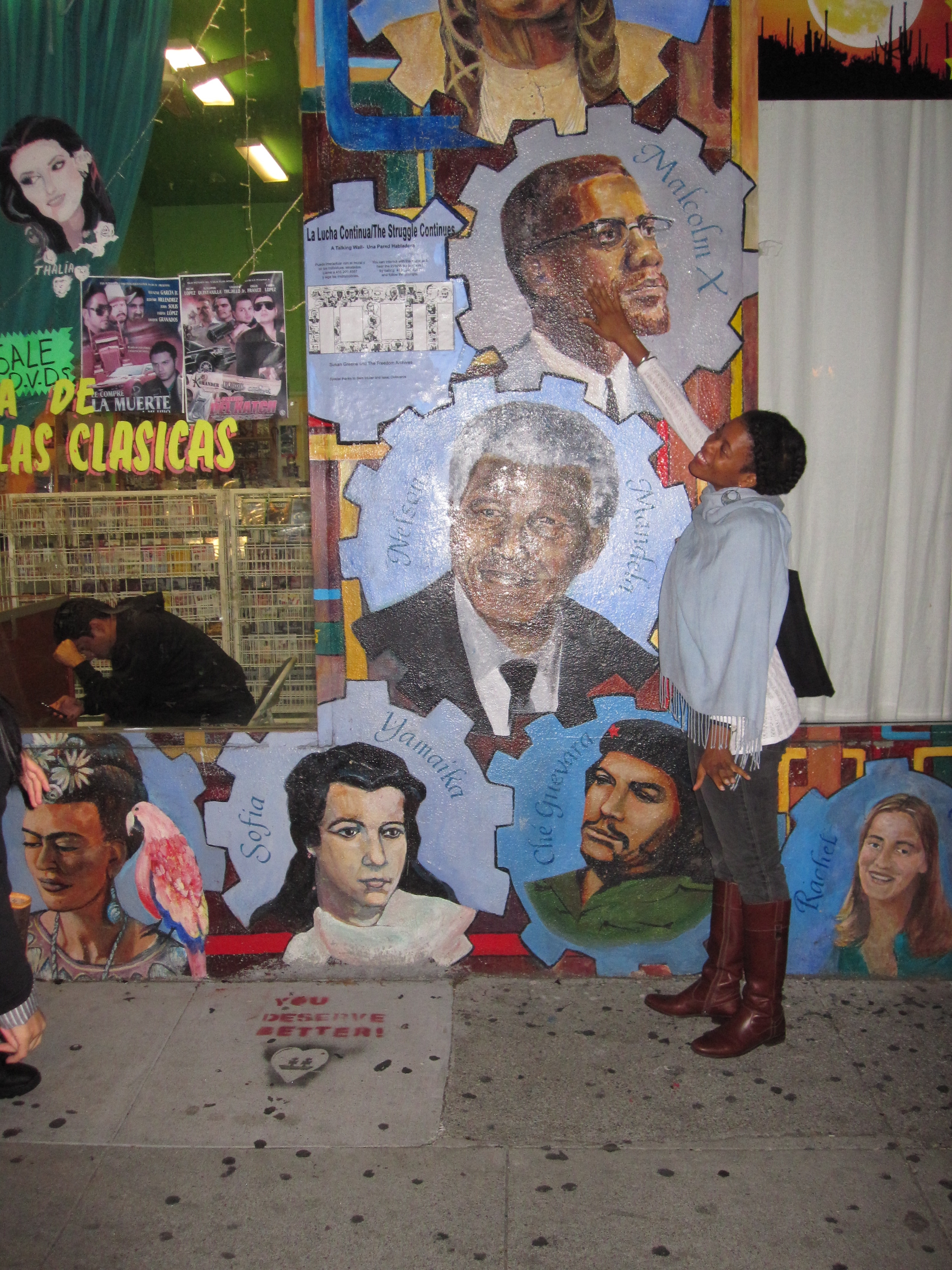 The inspiration flows in both directions. Just as frequently as I find myself using my teaching practice to inform my artistic practice, I also bring strategies, poems, questions, and obsessions from my writing life back into the classroom. If I look back at periods when I have been teaching a particular group of students and then examine the poems that I wrote during that time I can often find traceable themes and continuities. For five weeks of teaching and five weeks of writing we seemed to return to these central questions: What do we invoke? What do we want? What do we dream?
The inspiration flows in both directions. Just as frequently as I find myself using my teaching practice to inform my artistic practice, I also bring strategies, poems, questions, and obsessions from my writing life back into the classroom. If I look back at periods when I have been teaching a particular group of students and then examine the poems that I wrote during that time I can often find traceable themes and continuities. For five weeks of teaching and five weeks of writing we seemed to return to these central questions: What do we invoke? What do we want? What do we dream?
To close our time together, young women who participated in the P&W-supported workshops read their poems at an art exhibit that also featured their visual art. Listening as their confidence, nervousness, clarity, and power filled the room, I was impressed by how these young women had turned to me, turned to each other, and turned to the page. The space where we write, discuss, reveal, and revel is a space of courage and power—is a political space. The work of self-reflection, writing, and creativity is worthy work, and as Audre Lorde insists, poetry is not a luxury. In other words the work of a poet is dangerous and life-changing work.
Photo: Ama Codjoe. Credit: Evelyn Bojorquez.
Support for Readings/Workshops in New York City is provided, in part, by public funds from the New York State Council on the Arts, and the Department of Cultural Affairs, with additional support from the Louis & Anne Abrons Foundation, the Axe-Houghton Foundation, the A.K. Starr Charitable Trust, and Friends of Poets & Writers.





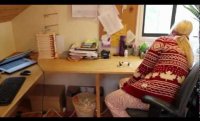
 The inspiration flows in both directions. Just as frequently as I find myself using my teaching practice to inform my artistic practice, I also bring strategies, poems, questions, and obsessions from my writing life back into the classroom. If I look back at periods when I have been teaching a particular group of students and then examine the poems that I wrote during that time I can often find traceable themes and continuities. For five weeks of teaching and five weeks of writing we seemed to return to these central questions: What do we invoke? What do we want? What do we dream?
The inspiration flows in both directions. Just as frequently as I find myself using my teaching practice to inform my artistic practice, I also bring strategies, poems, questions, and obsessions from my writing life back into the classroom. If I look back at periods when I have been teaching a particular group of students and then examine the poems that I wrote during that time I can often find traceable themes and continuities. For five weeks of teaching and five weeks of writing we seemed to return to these central questions: What do we invoke? What do we want? What do we dream?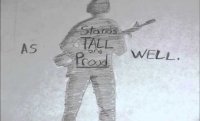
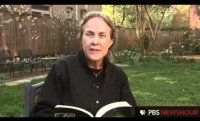
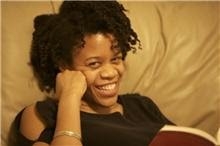 For five weeks in the fall of 2011, young women from G.E.M.S. showed up to write in community. We gathered around a table, asking unanswerable questions and drafting poems that were received with admiration, thoughtful critique, and applause. In my work as an educator, a student has never failed me. When it comes to poetry and writing, young people always have something to share—it is my job to provide a way for students to enter into a poem.
For five weeks in the fall of 2011, young women from G.E.M.S. showed up to write in community. We gathered around a table, asking unanswerable questions and drafting poems that were received with admiration, thoughtful critique, and applause. In my work as an educator, a student has never failed me. When it comes to poetry and writing, young people always have something to share—it is my job to provide a way for students to enter into a poem.